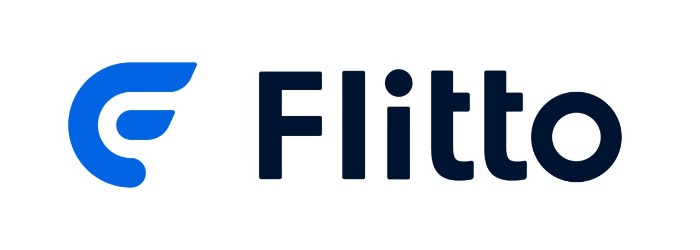Artificial intelligence
AI-powered translation startups tackle niche marketplaces
Flitto, XL8, Bering Lab, AI LinGo and others offer specialized translation services to the legal, entertainment and F&B sectors
By Oct 11, 2022 (Gmt+09:00)
3
Min read
Most Read
LG Chem to sell water filter business to Glenwood PE for $692 million


Kyobo Life poised to buy Japan’s SBI Group-owned savings bank


KT&G eyes overseas M&A after rejecting activist fund's offer


StockX in merger talks with Naver’s online reseller Kream


Mirae Asset to be named Korea Post’s core real estate fund operator



Artificial intelligence (AI)-driven translation has been dominated by big tech.
Alphabet Inc.’s Google LLC is the global leader while Naver Corp. is the dominant player in South Korea based on Naver Papago, a multilingual machine translation cloud service.
These services translate everything from research materials to day-to-day conversations.
But that doesn't prevent startups from carving out a place of their own in the machine translation industry. They can often tackle business verticals, niche marketplaces where suppliers serve a specific business audience in a specialized industry, better than conglomerates.
One such firm is Flitto.
The global crowdsourcing translation platform translates the contents of celebrities' social media, e-commerce deals, and much more.
With the food and beverage industry on its radar, the startup recently introduced a QR code-based multilingual menu translation service. The service works on restaurant menus and brochures at tourist information centers.
It is compatible with QR codes available at major shopping malls such as The Hyundai Seoul in English, Chinese and Japanese.
Founded in 2012, Flitto got started operating a collective intelligence-based translation platform.
The startup was successful at running this platform until 2019 but then sought out other business models as tech conglomerates advanced their respective AI-based translation services.
Menus are difficult to translate word by word because they they frequently contain proper nouns such as place names and names of ingredients.
And the amount of text on menus is far less than those in news articles or research papers for AIs to learn from. What's more, some are written by hand or are written from top to bottom as opposed to the usual left to right.
Flitto resolved this issue by fusing machine translation with the work of humans.
The startup’s AI translation engine takes on simple and repetitive translations, after which a human translator will check adn fine-tune the results.
For example, a traditional Korean dish translated by Naver Papago as “Stone Octopus Seafood Samhap” is translated by Flitto as “Octopus Seafood Samhap (three delicacies).”
Alongside the rise in over-the-top (OTT) media services, localization for such content has skyrocketed.
MORE MACHINE TRANSLATION STARTUPS
Silicon Valley-based XL8 Inc. describes itself as a front-runner in machine translation and even provides a toolbox for translators.
Last month the startup launched MediaCAT, which allows a user to extract the desired part of multimedia content with a click of a button, and sync the time code with translations in a language of the user's choice. It also provides dubbing for the selected part.
Industry insiders say the time code syncing has significantly decreased the translators’ workload.
The strength of this company is that AI has learned from a large database to allow for natural translations, encompassing both formal and casual forms of Korean speech and writing.
XL8 has so far translated more than 500,000 hours of multimedia content, or roughly 2.4 billion words, and is available in 66 language sets.
“We could grow our company by segmenting the market after deliberating how a startup can survive in the machine translation service where Google already has a strong foothold,” founder and CEO of XL8 Tim YoungHoon Jung said.

Bering Lab, which received investment from Naver, runs an AI translation business specializing in legal and patent documents.
Bering’s machine learning is based on the two sectors, which leads to more accurate responses than general AI translation services.
AI LinGo, another startup, provides legal documents in Korean and English. The company claims that its engine can translate a document that a human needs 10 hours to translate in just one minute.
AI LinGo also offers customized services by programming a specific law firm’s preferred vocabulary into individualized products.
Write to Da Eun Choi at max@hankyung.com
Jee Abbey Lee edited this article.
More to Read
-
 Chief ExecutivesAI translation service Iyuno SDI chair expects continued surge in demand
Chief ExecutivesAI translation service Iyuno SDI chair expects continued surge in demandFeb 21, 2022 (Gmt+09:00)
5 Min read -
 Artificial intelligenceNaver recruits two AI scholars based in US
Artificial intelligenceNaver recruits two AI scholars based in USJan 25, 2022 (Gmt+09:00)
3 Min read
Comment 0
LOG IN


